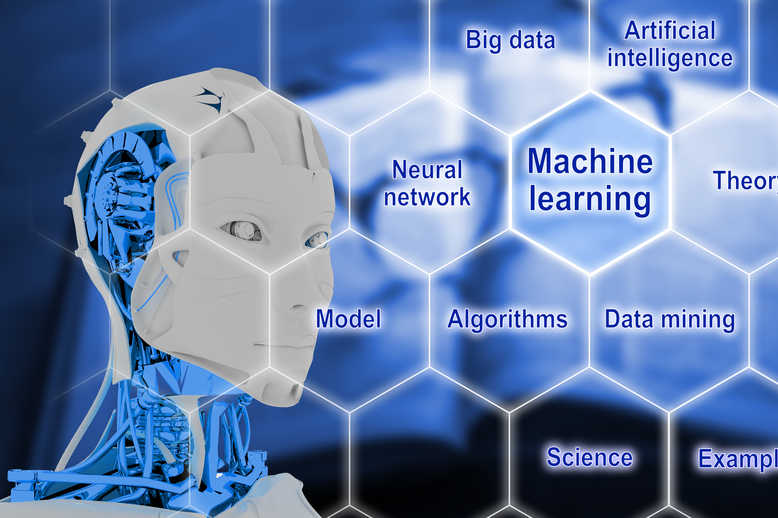Source – gigabit.net
While robots and computers will probably never completely replace doctors and nurses, machine learning, deep learning and AI are transforming the healthcare industry, improving outcomes, and changing the way doctors think about providing care.
In the past decade, the medical community has taken a major step in adopting electronic health systems to make information more accessible to clinicians and patients.
Now, to make sense of all that information, healthcare providers are starting to turn to machine learning.
“On top of that data you have applications or machine learning algorithms, things that you’re doing against the data to allow you to gain insight, to make decisions and to optimise the outcomes,” said Eric Schnatterly, Vice President IBM Systems for Cloud Platforms.
When it comes to the effectiveness of machine learning, more data almost always yields better results – and the healthcare sector is sitting on a data goldmine.
McKinsey estimates that big data and machine learning in pharma and medicine could generate a value of up to US$100bn annually, based on better decision-making, optimised innovation, improved efficiency of research and clinical trials, and new tool creation for physicians, consumers, insurers, and regulators.
IBM has already begun working with the healthcare industry to understand the data and improve outcomes for patients.
“In the use case for healthcare, we do this with doctors around oncology and diagnosing cancers,” noted Schnatterly.
“Whether they’re benign or malignant. Even on prescribed treatments which treatments are likely going to be more successful and that system learns from the very best.
“The smartest oncologists in the world are providing their subject matter expertise to train these systems and so now you have a computer that can advise an average oncologist.
“Now the average oncologist will have the benefit of all the greatest and brightest minds around the world to make these kinds of decisions.”
The reason such technology is only just coming to the fore is not because it wasn’t known about but because the resources didn’t exist.
“It was cost-prohibitive to put together systems to allow them to be able to accelerate this and do it in an economical way where a hospital had the means to do it,” noted Schnatterly.
“With the advent of things like the GPUs that allow for great acceleration – although designed for video games, it turns out it’s a great accelerator for deep machine learning and deep learning.
“So, it now helps drive down the cost and improve performance.”
By 2018, 30% of healthcare providers will run cognitive analytics on patient data, according to industry analysts IDC.
